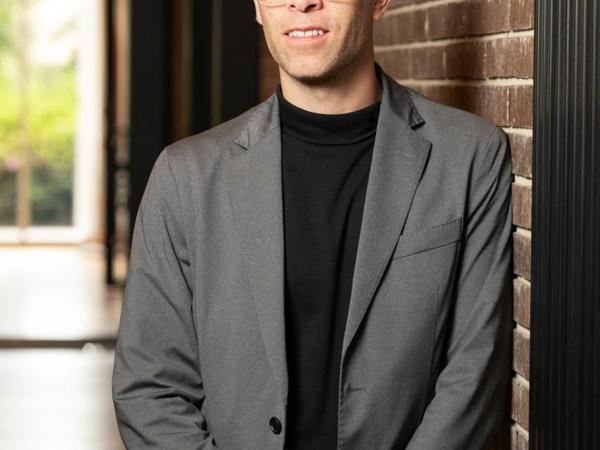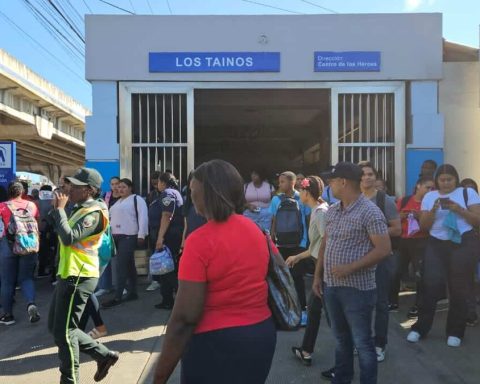Latin Leap VC Studio is a venture capital fund dedicated to driving the growth of digital businesses with a long-term positive impact in Latin America and launched in 2023. Stefan Krautwald, managing partner of Latin Leap spoke with Portafolio.
(Further: Have fintechs redefined the relationship between consumers and financial institutions?).
What does Latin Leap do?
It is a venture capital investment fund that seeks to bring expanding Colombian digital talent to Mexico.
Today, to be regionally large in technology companies and to seek to become a unicorn (have a valuation of more than US$ 1,000 million) you have to be in Mexico.
Which fintechs have you supported?
We have been established since 2023 and we have five companies that rely on artificial intelligence for their growth and are seeking to expand in Mexico.
I am the founder of the fund and have been supporting entrepreneurship in Colombia and the region for 15 years. I am accompanied on the board of directors by four additional people: Madeleine Clavijo (co-founder of Kushki Pagos and former president of Colombia Fintech), David Geisen (CEO of Mercado Libre México and Mercados Hispano Hablantes), Rodrigo Zorrilla (president of the Citi Pension Fund in Mexico, who also held important positions for the bank in Asia) and Paco Ybarra, who was one of Citi’s most senior executives for 36 years, positioning it among the most renowned in Latin America.
(Read: Fintechs are expanding their business model to attract cheaper and more stable financing).
How much do they contribute to each fintech?
The fund gives them US$500,000 and with this they hope to invest in another 10 in two years to reach 15 and hopefully become unicorns.
Today they don’t raise as much easy (cheap) money as they used to. However, there is money for good ideas. You have to have a value proposition.
In which sectors?
Across different industries. We are agnostic and see patterns of companies in different places. There is a lot of potential in fintech, e-commerce, sustainable energy, urban mobility, construction.
It is a risky bet, especially when the investment is in decline…
(See: Digital banking’s new strategy to confront the ‘rate war’).
I agree that local investment activity has challenges, but there is talent, what is lacking is a market and there are local opportunities and that is what needs to be supported. The outlook will change positively.
How have high interest rates affected you?
The rise in rates has created a greater challenge for investment in startups. It is not that it is negative, but the competition for resources for the funds themselves and startups is tough and that creates a filter for the best ones. Nowadays they do not raise as much easy (cheap) money as before. However, there is money for good ideas, you just have to have a value proposition and show the ability to execute.
(Further: Digital wallet created in the fintech market aimed at independent workers).
What is the mortality rate of startups and fintech?
It is high and we must differentiate between the success rate of a company and a fund. With 15 companies, it is said that 20% of startups go bankrupt, other higher percentages manage to consolidate and be successful and very few manage to become unicorns. We cannot know which companies will be unicorns, but before investing we see their potential and if things align, they become unicorns.
Of those 15 fintechs in which we invested, we expect 2 to become unicorns.
Holman Rodriguez Martinez
BRIEFCASE


















